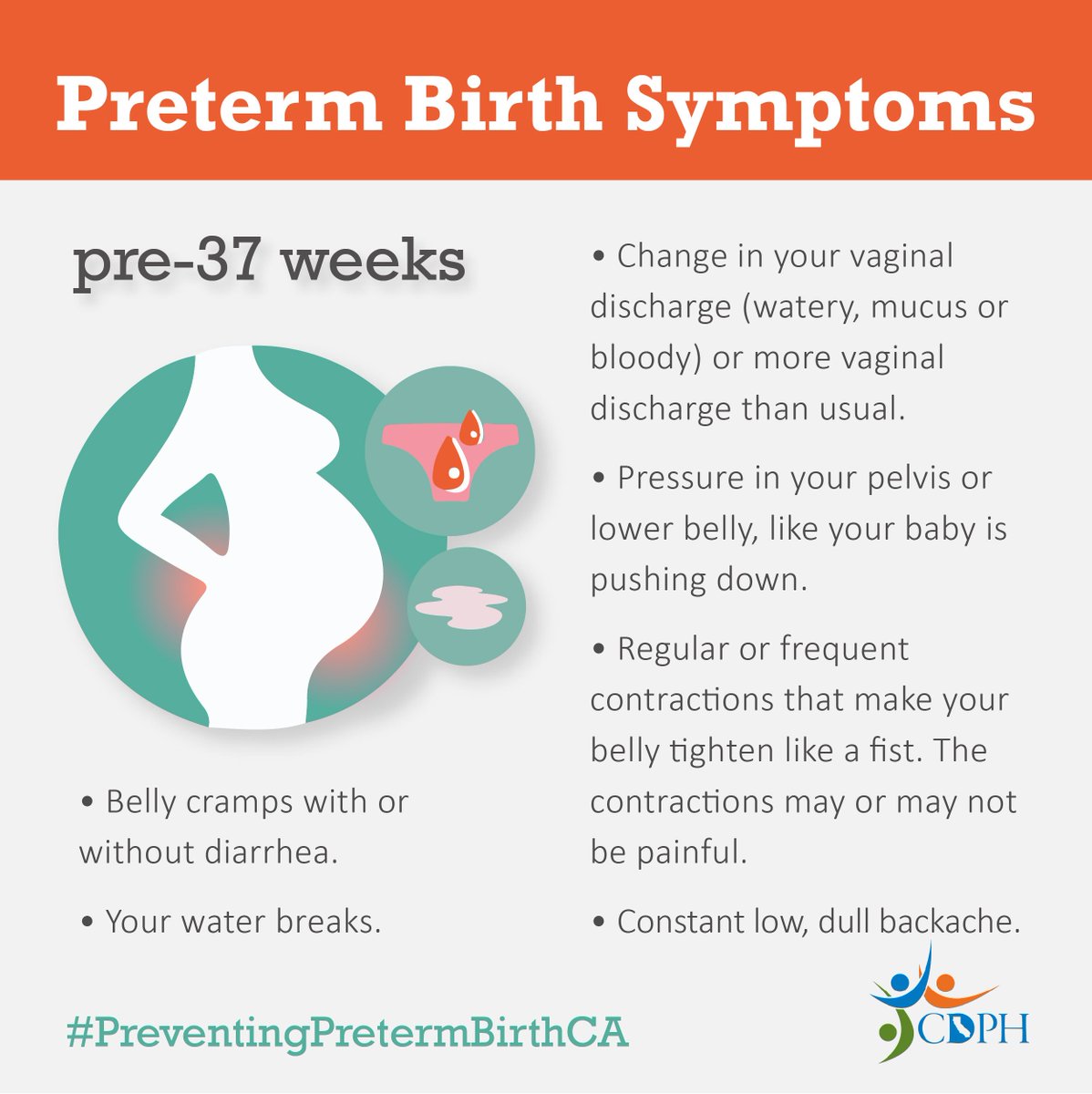
Preterm Labor: A Comprehensive Guide for Expectant Mothers
Preterm labor, also known as premature labor, is a serious condition that can occur during pregnancy. It is defined as labor that begins before 37 weeks of gestation. Preterm labor can lead to a number of complications for both the mother and the baby, including premature birth, low birth weight, and respiratory problems.
Causes of Preterm Labor
The exact cause of preterm labor is often unknown, but there are a number of risk factors that can increase the likelihood of developing this condition. These risk factors include:
- Multiple pregnancies
- Previous preterm birth
- Uterine abnormalities
- Cervical insufficiency
- Placental abruption
- Premature rupture of membranes (PROM)
- Infections
- Stress
- Smoking
- Alcohol use
- Drug use
Symptoms of Preterm Labor
The symptoms of preterm labor can vary from woman to woman, but some of the most common symptoms include:
- Regular contractions that occur more than every 10 minutes
- Abdominal pain or cramping
- Low back pain
- Pelvic pressure
- Vaginal bleeding or spotting
- Watery or bloody discharge from the vagina
Diagnosis of Preterm Labor
If you are experiencing any of the symptoms of preterm labor, it is important to see your doctor right away. Your doctor will perform a physical exam and ask you about your symptoms. They may also order one or more of the following tests:
- Ultrasound to measure the length of your cervix
- Fetal fibronectin test to check for a protein that is released when the membranes surrounding the baby start to rupture
- Amniocentesis to check for signs of infection
Treatment of Preterm Labor
The treatment for preterm labor will depend on the severity of your symptoms and the gestational age of your baby. If you are in early preterm labor, your doctor may recommend one or more of the following treatments:
- Bed rest
- Medications to stop contractions
- Antibiotics to treat infections
- Cervical cerclage to close the cervix
If you are in advanced preterm labor, your doctor may recommend delivering your baby early. This decision will be made based on the risks and benefits of delivering your baby early versus continuing the pregnancy.
Complications of Preterm Labor
Preterm labor can lead to a number of complications for both the mother and the baby. These complications can include:
- For the mother:
- Postpartum hemorrhage
- Infection
- Preeclampsia
- Eclampsia
- For the baby:
- Premature birth
- Low birth weight
- Respiratory problems
- Cerebral palsy
- Intellectual disability
Prevention of Preterm Labor
There is no sure way to prevent preterm labor, but there are a number of things you can do to reduce your risk of developing this condition. These things include:
- Getting regular prenatal care
- Following your doctor’s instructions
- Avoiding smoking, alcohol, and drugs
- Managing stress
- Eating a healthy diet
- Getting enough sleep
If you are experiencing any of the symptoms of preterm labor, it is important to see your doctor right away. Early diagnosis and treatment can help to improve the chances of a healthy outcome for both you and your baby.